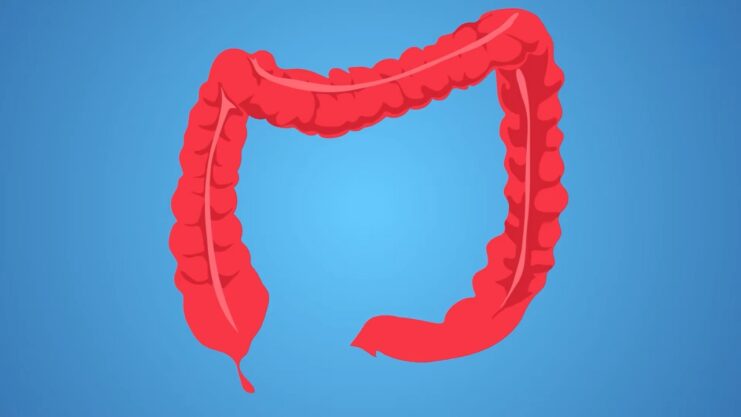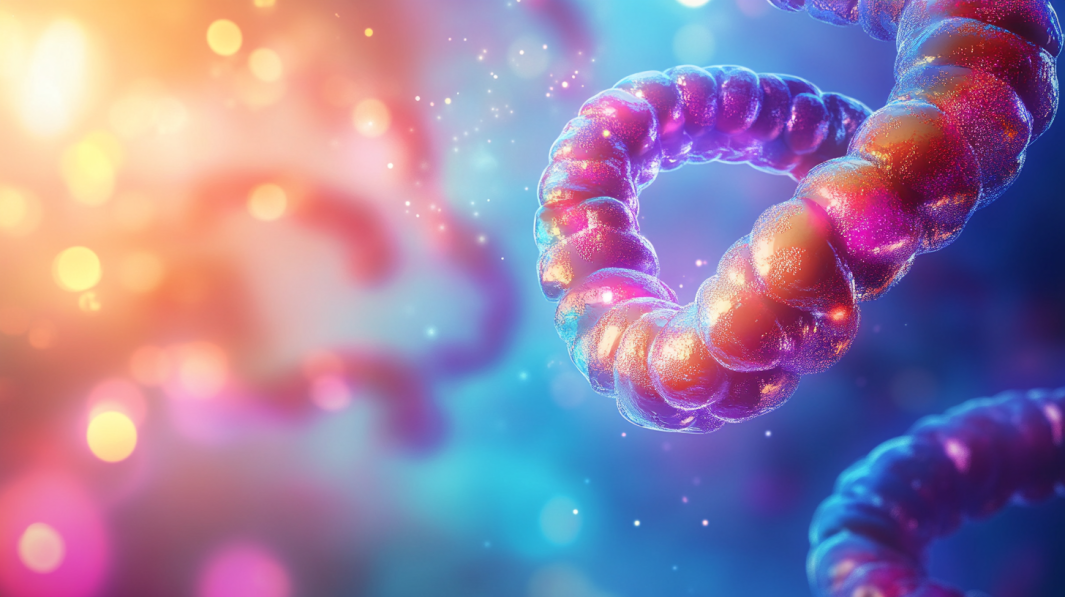Gut health is increasingly recognized as a cornerstone of universal wellness.
The digestive system isn’t always simply liable for processing meals. It performs a pivotal role in maintaining the frame’s ordinary fitness.
By knowledge of the fundamentals of intestine fitness, individuals can take proactive steps to aid their digestive systems and complete well-being.
Let us talk about it.
The Role of Gut Microbiota

Gut microbiota refers back to the trillions of microorganisms that are living in our digestive tract, commonly in the intestines.
These microorganisms encompass bacteria, viruses, fungi, and different microbes, many of which are essential for our health.
The balance between precise and horrific bacteria in the gut is important for proper digestion, nutrient absorption, and typical health.
When the intestine microbiota is stable, it aids in digestion, synthesizes vitamins, and allows a shield against harmful pathogens. However, while this stability is disrupted, it can result in a number of digestive problems or even contribute to situations like weight problems, diabetes, and inflammatory bowel ailments.
The gut microbiota also has a profound effect on other elements of fitness, along with immunity and intellectual fitness.
The gut is domestic to a full-size part of the frame’s immune cells, and a healthy microbiota supports the immune device with the aid of preventing the growth of dangerous microorganisms.
The intestine-mind axis—a bidirectional conversation pathway between the gut and the brain—illustrates how intestine fitness can impact mood, cognition, and intellectual well-being.
Research has proven that imbalances in intestine microorganisms are connected to mental fitness issues which include tension and melancholy.
Fortunately, using supplements, like the ones you can find at Revive sups, can assist with having your gut fitness under control.
Factors Affecting Gut Health
Several elements can impact intestine health, with food regimen being one of the most crucial.
Diet
Diet is one of the most vital factors in retaining digestive health.
A balanced weight loss program wealthy in fiber, fermented ingredients, and numerous vitamins plays a pivotal function in helping the microbiota. Fiber, observed in entire grains, end result, vegetables, and legumes, acts as a prebiotic, offering crucial nourishment to useful bacteria.
In turn, it promotes a healthful balance inside the digestive tract, assisting in digestion and general health.
Fermented foods like yogurt, kimchi, sauerkraut, and kefir are rich in probiotics, and stay bacteria that can help fill up and maintain a thriving population of useful microbes.
Consistently eating these foods can significantly decorate the composition and variety of the microbiota, which is essential for premier digestion.
Lifestyle Factors
Lifestyle choices have a profound impact on digestive health. Stress, sleep, and bodily exercise are all interconnected with the stability of the microbiota.
Chronic strain triggers an overproduction of cortisol, a hormone that can adjust the stability of microorganisms inside the digestive gadget, probably main to dysbiosis and associated fitness troubles.
Furthermore, insufficient sleep can disrupt the frame’s natural rhythms, together with those who regulate digestive functions, leading to issues together with:
- Constipation
- Bloating
- Discomfort
Regular bodily exercise, on the other hand, has been shown to sell everyday bowel movements and beautify common digestive fitness by enhancing the motion of meals through the digestive machine and decreasing inflammation.
Medications

Medications, especially antibiotics, could have an extensive effect on the microbiota. Antibiotics, whilst essential for treating bacterial infections, do not discriminate among harmful and useful microorganisms.
This can result in an imbalance, often resulting in digestive disturbances, consisting of diarrhea, bloating, and an expanded threat of infections like Clostridium difficile.
Other medicinal drugs, consisting of nonsteroidal anti-inflammatory drugs (NSAIDs) and proton pump inhibitors (PPIs), can also affect digestive fitness.
NSAIDs, normally used for ache relief, can aggravate the lining of the digestive tract, main to situations like ulcers and gastritis.
PPIs, which can be used to deal with acid reflux disorder, can reduce the acidity in the belly, potentially altering the environment and composition of the microbiota.
Age and Genetics
Age and genetics play a considerable role in figuring out digestive fitness. As individuals age, the range and composition in their microbiota can exchange, often leading to a decline in beneficial microorganisms and a boom in much less favorable lines.
This shift can make a contribution to various age-related digestive problems, together with constipation, decreased nutrient absorption, and a higher susceptibility to infections. Genetics additionally play a critical function in shaping the microbiota, influencing not only its composition but also a man or woman’s susceptibility to certain digestive problems.
Some humans can be genetically predisposed to conditions like irritable bowel syndrome (IBS) or inflammatory bowel disease (IBD), in which the microbiota performs an extensive function in disease improvement and progression.
Common Gut Health Issues

There are several common digestive disorders that can arise from poor gut health, including irritable bowel syndrome (IBS), Crohn’s disease, and acid reflux.
IBS is a functional disorder characterized by symptoms such as abdominal pain, bloating, and changes in bowel habits.
Crohn’s disease, on the other hand, is a chronic inflammatory condition that can affect any part of the gastrointestinal tract, leading to severe pain, diarrhea, and malnutrition.
Acid reflux, or gastroesophageal reflux disease (GERD), occurs when stomach acid frequently flows back into the esophagus, causing heartburn and irritation.
Symptoms of poor gut health can vary widely but often include bloating, gas, constipation, diarrhea, and abdominal pain. These symptoms can be indicative of an underlying digestive disorder or simply a sign that the gut microbiota is out of balance.
Neglecting gut health can have long-term implications, including an increased risk of chronic diseases such as obesity, diabetes, and even certain cancers. Moreover, poor gut health can contribute to a weakened immune system, making the body more susceptible to infections and illnesses.
Tips for Maintaining a Healthy Gut

Maintaining a healthy digestive system requires a combination of dietary and lifestyle changes. One of the most effective ways to support digestive health is through diet, but lifestyle adjustments are equally important. Here are some key tips:
- Incorporate Probiotics: Foods like yogurt, kefir, and sauerkraut provide live beneficial bacteria that can support digestive health by promoting a balanced microbiota.
- Include Prebiotics: Foods such as garlic, onions, and bananas are rich in prebiotics, which feed the good bacteria, helping them thrive.
- Eat Fiber-Rich Foods: Whole grains, fruits, and vegetables are crucial for maintaining a healthy digestive system, as they provide the necessary fiber to keep things moving smoothly.
- Manage Stress: Techniques such as meditation, yoga, or deep breathing exercises can help reduce the negative impact of stress on the digestive system, preventing disruptions in the balance of the microbiota.
- Exercise Regularly: Physical activity helps regulate bowel movements and reduce inflammation, contributing to overall digestive health.
- Prioritize Adequate Sleep: Poor sleep can disrupt the microbiota and contribute to digestive issues. Aim for consistent, quality sleep to maintain balance in your digestive system.
- Stay Hydrated: Drinking plenty of water aids digestion keeps the intestines functioning properly, and helps prevent constipation by softening stool and promoting regular bowel movements.
- Seek Professional Help When Necessary: If you experience persistent digestive problems or symptoms of a digestive disorder, it’s important to consult a healthcare professional. They can provide personalized advice and treatment options to help restore digestive health.
The Bottom Line
Gut health is a vital component of overall wellness, influencing everything from digestion to mental health and immunity.
By taking proactive steps to support your digestive system, you can improve your health and well-being.
If you experience persistent gut issues, don’t hesitate to seek professional advice to address any underlying problems and maintain a healthy gut.

